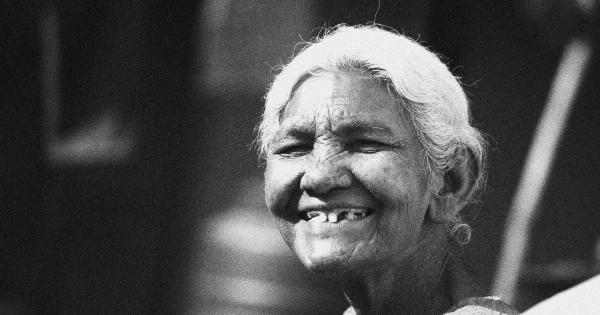Many of us spend our youth wanting to grow up too quickly, longing for the freedom and independence that comes with age. But as we grow older, we start to question whether age really does bring more happiness.
Are we actually better off when we’re older, or do we just look back on our younger years with rose-tinted glasses?.
The Research
Research on happiness and age has been ongoing for many years. While there is no one-size-fits-all answer to the question, there are certain trends that have emerged. Most studies have found that older people tend to be happier than younger people.
Why Are Older People Happier?
There are many reasons why older people tend to be happier. One reason is that as we get older, we learn to accept our limitations and let go of our expectations. We become more comfortable with ourselves and with the world around us.
We also tend to focus more on the positive aspects of life and less on the negative.
Another reason why older people tend to be happier is that they have had more life experiences. They have been through ups and downs and have learned how to deal with them.
They have also had more time to develop strong relationships with family and friends, which is one of the key factors in long-term happiness.
The Role of Health
One of the biggest factors in happiness as we age is our health. Older people who are in good health tend to be happier than those who are not. This is because good health allows us to stay active and engaged in the world around us.
It also allows us to continue to pursue our passions and interests.
The Importance of Social Connections
As we age, social connections become increasingly important. Studies have shown that older people who have strong social connections tend to be happier than those who do not.
This is because social connections provide us with a support system and give us a sense of belonging. They also give us a reason to get up in the morning and help us to stay engaged with the world around us.
The Role of Wisdom
As we age, we tend to become wiser. We learn from our mistakes and gain a better understanding of the world around us. This wisdom can be a major source of happiness as we get older.
It allows us to view life from a more positive perspective and helps us to make better decisions.
The Myth of the Mid-Life Crisis
There is a popular belief that people go through a mid-life crisis when they reach their 40s or 50s. This crisis is supposed to be a time of great unhappiness and soul-searching. However, research has shown that the mid-life crisis is largely a myth.
Most people do not experience a sudden onset of unhappiness in middle age. Instead, they tend to experience a gradual decline in happiness over time.
The Downside of Getting Older
While there are many advantages to getting older, there are also some downsides. As we age, we might experience physical decline, health problems, loss of loved ones, and financial insecurity.
These challenges can be difficult to deal with and can cause significant stress and unhappiness.
Conclusion
So, does age actually bring more happiness? The answer is not a simple one. While there are many advantages to getting older, there are also some downsides.
Ultimately, happiness is a complex and multi-faceted concept that is influenced by a variety of factors. However, if we focus on building strong relationships, staying active and engaged, and developing wisdom, we can increase our chances of experiencing long-term happiness as we get older.






























